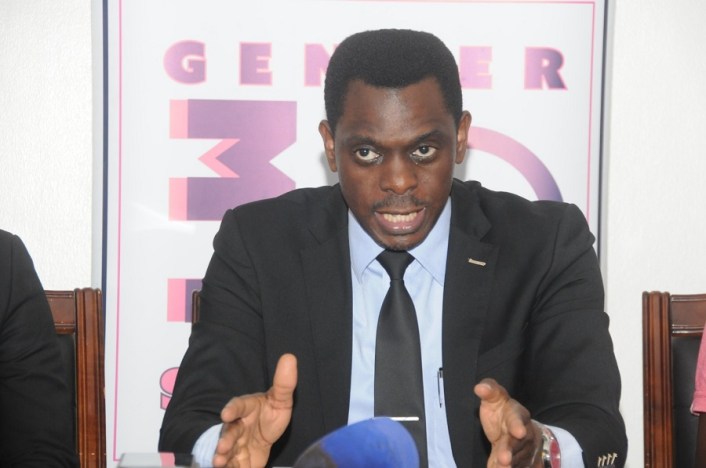Sports administrator Robert Jjagwe has praised the National Council of Sports (NCS) for exercising patience and understanding as national sports federations grapple with tough new licensing requirements under the revised Sports Act.
In an opinion piece titled “NCS deserves Applause for understanding Federation Licensing Challenges,” Jjagwe said the NCS has taken a fair approach by not rushing to withdraw operating licenses from federations that have yet to meet the law’s strict conditions.
The 2023 Sports Act, which took effect in September last year, and the Statutory Instrument No. 24 that followed in March 2025, require all national federations and associations to re-register with the NCS and obtain fresh operational licenses.
One of the key conditions demands that a sport must be played in at least 75 districts to qualify as an association, and 110 districts to qualify as a federation.
Jjagwe argued that such requirements have imposed unrealistic financial burdens on most federations, many of which receive little to no funding.
“Only about seven out of the 52 national federations in Uganda receive at least one billion shillings in annual budget support,” he noted, adding that the rest are expected to meet huge costs without meaningful government backing.
He pointed out that even District Sports Officers (DSOs), who are mandated to oversee sports development across Uganda’s 145 districts, have struggled to ensure nationwide participation despite collectively receiving an estimated 8.7 billion shillings each year.
“You really have to wonder how one federation with an annual budget of 10 million shillings can achieve what DSOs with 8.7 billion cannot,” he wrote.
Jjagwe also criticized Parliament for passing the new Sports Act without providing adequate financial backing, saying every law with funding implications should be supported by a Certificate of Financial Implications.
“The very Parliament that passed this law did not allocate the financing needed to get this coverage done,” he said.
He commended the NCS for recognizing these gaps and allowing federations time to adjust, noting that the Statutory Instrument gives them 12 months to meet the new district coverage and governance requirements.
However, he cautioned that even after that grace period, NCS will still face the challenge of enforcing the law without proper government financing.
“For now, we really ought to applaud NCS for going slow on the withdrawal of the federations’ licenses,” Jjagwe said, warning that losing a license under the new law would make reinstatement nearly impossible without financial support.
Jjagwe, who formerly served as President of the Uganda Table Tennis Association and now acts as Secretary General of the Union of Uganda Sports Federations and Associations (UUSFA), said the issue underscores the broader need for government investment in sports development across the country.





























